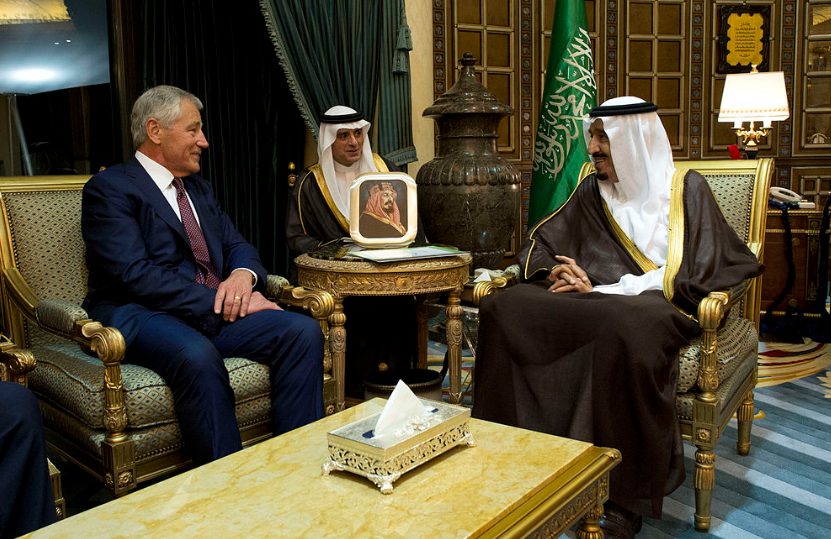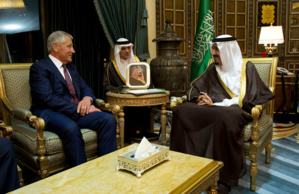Information about how much of US Treasury bonds is owned by Saudi Arabia has been closed since 1975. In their reports, the Ministry of Finance revealed total volume of bonds owned by 15 countries -the Middle East oil exporters. According to US media, the information was closed out of diplomatic interests. After the oil embargo, announced in 1973 against the US by Saudi Arabia and other Middle East countries, American public opinion was strongly opposed to these countries. Many experts have long said that concealment of data on the US government bonds volume held by certain Middle Eastern countries has become an anachronism. And now, according to Bloomberg’s request, the Ministry of Finance opened the data.
It was found that the volume of gold reserves held the kingdom in US Treasuries is not as significant as previously thought. As of March, they amounted to $ 117 billion, giving Saudi Arabia only 13th place among all the countries - holders of US government bonds. The first place is held by China with $ 1.245 trillion, the second - Japan with $ 1.137 trillion, the third place is occupied by well-known offshore jurisdictions - Cayman Islands with $ 265 billion.
According to the IMF, the total gold reserves of Saudi Arabia numbers $ 587 billion, so the kingdom holds 20% of its reserves in American bonds. In this regard, many experts were surprised by unofficial information with reference to Saudi diplomats that the kingdom may sell $ 750 billion of US Treasuries and other US assets. In March, The New York Times reported that Saudi Foreign Minister Adel al-Jubeir allegedly threatened to get rid of the US assets owned by his country, if the US Congress passes a bill that would potentially allow attracting the Saudi government as a defendant in US courts on cases of acts of terrorism at 11 September 2001.
source: bloomberg.com
It was found that the volume of gold reserves held the kingdom in US Treasuries is not as significant as previously thought. As of March, they amounted to $ 117 billion, giving Saudi Arabia only 13th place among all the countries - holders of US government bonds. The first place is held by China with $ 1.245 trillion, the second - Japan with $ 1.137 trillion, the third place is occupied by well-known offshore jurisdictions - Cayman Islands with $ 265 billion.
According to the IMF, the total gold reserves of Saudi Arabia numbers $ 587 billion, so the kingdom holds 20% of its reserves in American bonds. In this regard, many experts were surprised by unofficial information with reference to Saudi diplomats that the kingdom may sell $ 750 billion of US Treasuries and other US assets. In March, The New York Times reported that Saudi Foreign Minister Adel al-Jubeir allegedly threatened to get rid of the US assets owned by his country, if the US Congress passes a bill that would potentially allow attracting the Saudi government as a defendant in US courts on cases of acts of terrorism at 11 September 2001.
source: bloomberg.com






